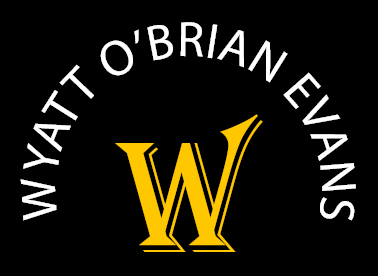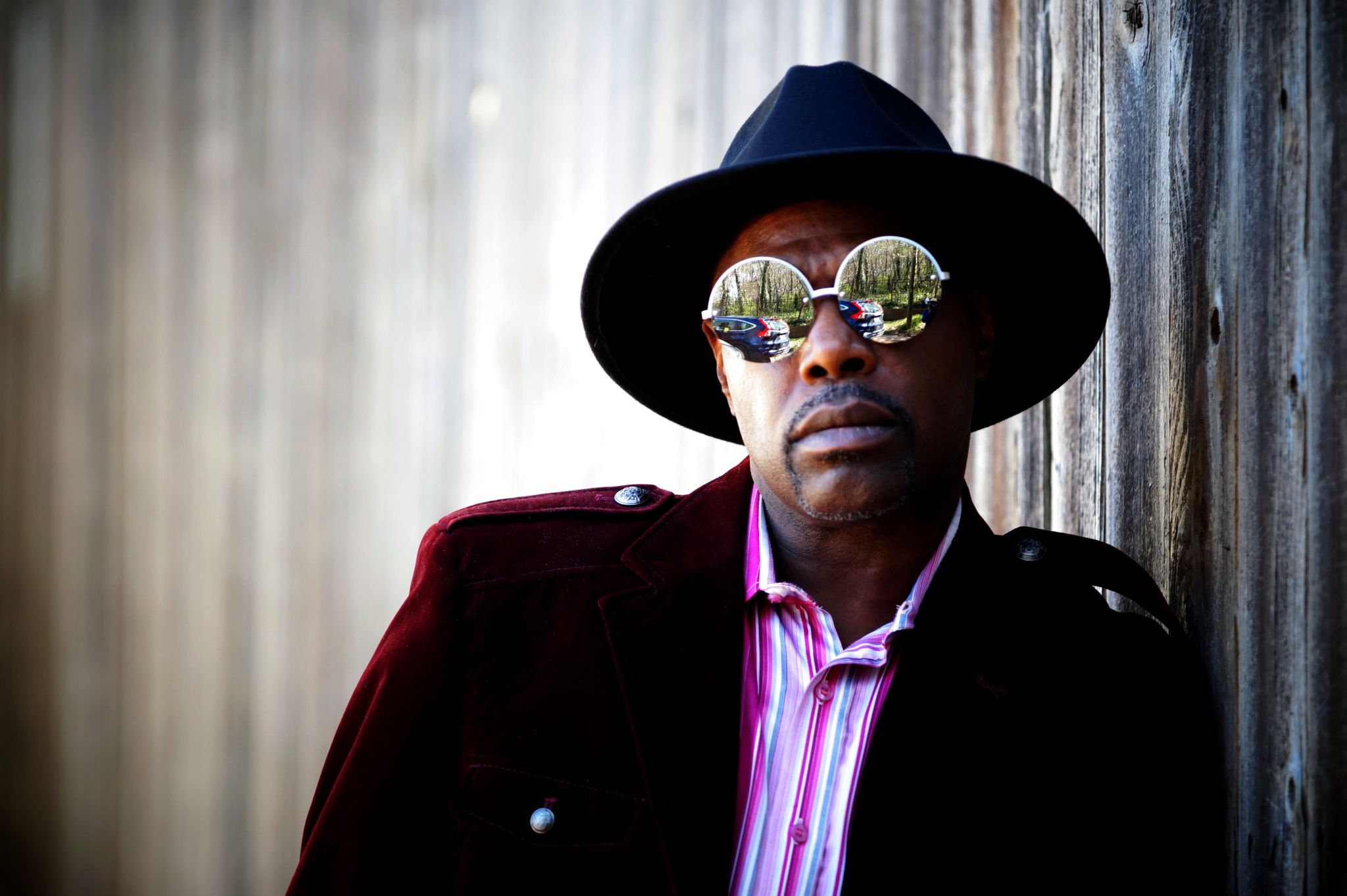“Jackie Shane: Any Other Way”
Guest Writer: Bishop Hartsel Clifton Shirley
Every now and then, an unapologetically genuine person comes along, not needing dire circumstances to force them to be true to themselves and the world. Meet Jackie Shane, a trailblazing original, if ever there was one.
Jackie Shane was born in Nashville, Tennessee, on May 15, 1940. She began singing in the neighborhood in the 1950s, adorned with make-up, long hair, and jewelry. Swearing to break away “Jim Crow South” in the late 1950s, she joined a touring carnival and landed in Cornwall, Ontario, in 1959, where she knew freedom for the first time.
In 1960, Shane relocated to Montreal, Quebec, where saxophonist “King” Herbert Whitaker welcomed her to observe a well-known band, Frank Motley, and his Motley Crew at the Esquire Show Bar. Shane took him up on the invitation and sat close to the front. At one point in the show, Motley said, “Get that kid up here and let’s see what he can do,” musician Curley Bridges invited Shane, then still appearing as a man, onstage for the next set, where she sang songs by Ray Charles and Bobby “Blue” Bland.
She became the band’s lead vocalist and moved to Toronto with them in late 1961. She returned numerous times to the United States, on tour with the Motley Crew (to Boston, for instance, where they recorded), to New York to record, to visit her family and old friends, and perform on a TV show in Nashville, or to live and work in Los Angeles where she performed on the drums in recording sessions.

Fan folklore associates her with Little Richard and claims that she had been Richard’s background singer before moving to Canada or was Richard’s cousin, even though no authentication of either claim has ever been found. No proof exists that Shane ever made either statement herself.
Music critic Carl Wilson has assumed that, while in truth Shane had deep and recognizable roots in the customs of the Southern US Chitlin Circuit, the folklore arose because that scene’s traditions were not known to Torontonians in the 1960s. Therefore Little Richard was the only reference for Shane’s style that most of her local fan base could recognize.
Her first single, a cover of Barrett Strong’s “Money (That’s What I Want),” came out in 1962. “I’ve Really Got the Blues” was on the B-side. Before long, the same label issued another version of the single with “Money” on the B-side and a different recording of “I’ve Really Got the Blues,” with some modified lyrics and the alternative title “Have You Ever Had the Blues?”, was the A-side.
Any Other Way” (b/w “Sticks and Stones”) followed later in the fall of 1962; it became her highest chart hit, reaching #2 on Toronto’s CHUM Chart in 1963.]A cover of a song earlier recorded and released by William Bell in the summer of 1962, Jackie’s version was distinguished for the addition of a different twist to the lyric “Tell her that I’m happy/tell her that I’m gay”; while the original lyric intended the word “gay” in its older sense as a replacement of “happy,” Shane teased on the word’s double connotation, which was not yet in typical usage
The follow-up to “Any Other Way” was “In My Tenement” b/w “Comin’ Down.” It had some airplay in upstate New York but didn’t chart elsewhere in the US or Canada, and Jackie didn’t record again for quite a few years.
In 1962, Shane was singing at Toronto’s Saphire Tavern, concentrating on covers of songs by Ray Charles and Bobby Bland. In 1965, she made a tv appearance in Nashville on WLAC-TV’s Night Train, singing Rufus Thomas’ “Walking the Dog.” Around the same time, she was presented with an opportunity to appear on The Ed Sullivan Show, but she declined as the booking restricted her to presenting as male.
And in 1967, “Any Other Way” was reissued and turned out to be a modest hit across Canada, topping out at #68 on the national RPM chart in March. Shane later resumed recording that year, releasing the single “Stand Up Straight and Tall” b/w “You Are My Sunshine” (which topped at #87 on RPM), and her live album Jackie Shane Live. A final song, “Cruel, Cruel World,” b/w “New Way of Lovin’,” was issued in 1969. In addition to her recordings, Shane sang on Motley’s album Honkin’ at Midnight, singing live renditions of some of the songs she had issued under her name.

Shane disappeared from public performances after 1970–71; even her old band lost touch with her. Not long after going back to Los Angeles, she refused a chance to be in George Clinton’s band Funkadelic. She started tending to her mother, Jessie Shane, who lived in Los Angeles. She moved to Nashville around 1996 after her mother passed.
Jackie was thought to have committed suicide or been stabbed to death in the 1990s; however, she had retired from music and moved to Nashville from Los Angeles. She kept in touch with Frank Motley, who told a Toronto record collector about her in the mid-1990s. This news was conveyed to a few of her old bandmates, and a few of them reached out to her. One, Steve Kennedy, discussed with Shane the possibility of organizing and staging a reunion concert, but this never happened — when Kennedy called the same phone number, it had been changed to somebody else’s number, and they had never heard of Jackie.
During her working musical career and for several years afterward, Shane was written about by virtually every one of the available resources as a man who worked in an ambiguous fashion that strongly indicated femininity, and some resources even directly characterized her as a drag queen. The few resources that really pursued her own words on her gender identification were even vaguer; nonetheless, she identified herself as male in two early quotations to the Toronto Star but more often seemed to avoid inquiries about her gender entirely merely. Her identity as a trans woman was not established on record by a mass media outlet until music correspondent Elio Iannacci talked to her for The Globe and Mail in 2017.
CBC Radio‘s Inside the Music broadcast a biopic feature, “I Got Mine: The Story of Jackie Shane,” in 2010. At the time, no one participating in the biopic, the executive producer of which was Steve Kennedy’s wife, knew whether Shane was still alive. However, she was later found still residing in Nashville. Shane, while asleep, at home in Nashville on February 21, 2019. Her death was recounted to mass media the next day. In 2022, Shane was the focus of a Heritage Minute advertisement, in which transgender activist Ravyn Wngz portrayed her.
Jackie Shane lived fiercely and true to herself: any other way would not have sufficed, and she is proof that…

Bishop Hartsel Clifton Shirley is an author, writer, singer/songwriter, and bishop from Waterloo, Iowa. He received his master’s degree in business from the International Business Management Institute based in Berlin, Germany.
Currently residing in Atlanta, Mr. Shirley is a bishop of National and International Social Action, part of New Direction Overcomers’ International Fellowship (based in Richmond, Virginia).
A multi-faceted talent, Hartsel is a writer, author, and singer/songwriter. A bronze prize winner of the International Society of Poets, he has penned editorials for the Waterloo/Cedar Falls Courier. His best-selling novel is entitled Three Words, Four Letters, published by Ishai Books. Additionally, Hartsel has charted at #1 several times on the ReverbNation pop music charts.
Inspired by Langston Hughes, Bishop Shirley states, “I write what moves me. There is nothing I can’t write. I just have to care about it so I can write truthfully.”
According to Hartsel, his current book, The Night Eddie Sallis Died, is based on factual information he uncovered in 2002 about a 1966 jail cell “suicide” in Waterloo, Iowa (his place of birth). This revealing and riveting book pulls back the curtain on racism and police brutality. The author emphasizes, “These truths make Iowa a state not to be taken lightly–nor forget.”



Leave A Comment